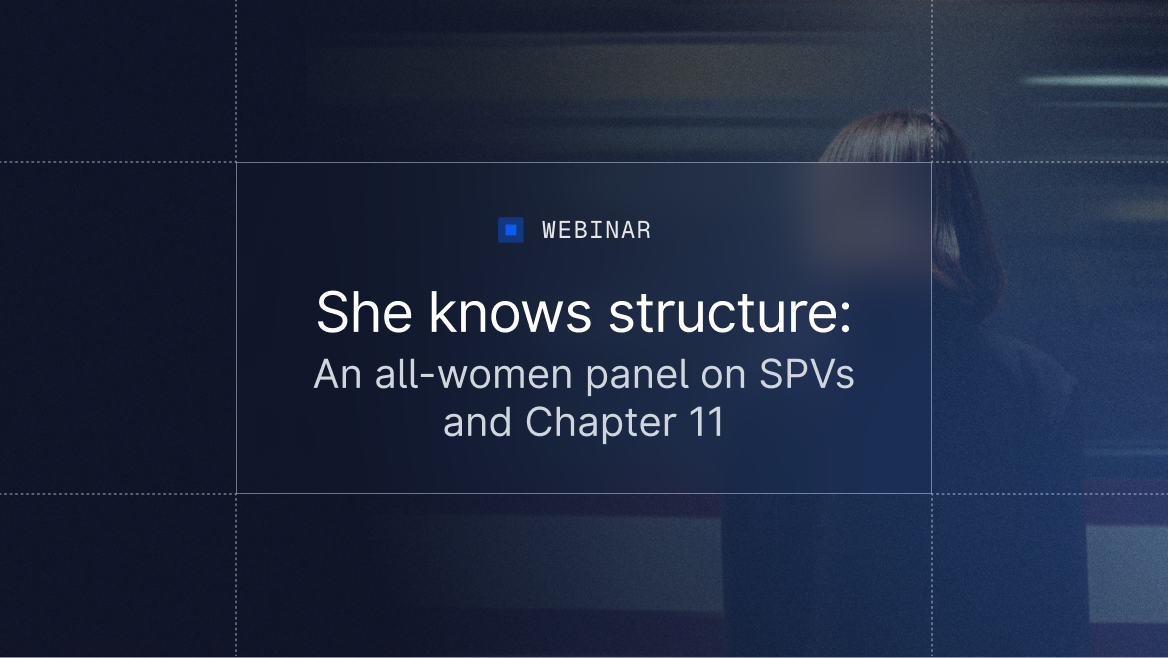News & InsightsLevFinDistressedPrivate CreditABFCLO
News & Analysis
Trimark quietly completed an out-of-court lender takeover in January
Max Frumes and Rachel Butt12 Mar 2024 | US | 3 minute read

Related Posts
Discover more insights.
Use the previous and next buttons or keyboard arrows to navigate between slides.





